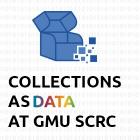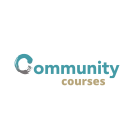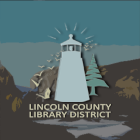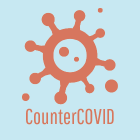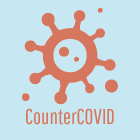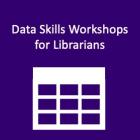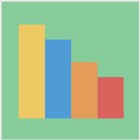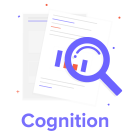
Cognition
From developing news stories to fake news, satirical posts to outright deceitful information, there is a lot of misinformation out there. For students and young adults, it can be difficult to understand how these revolve around your life and how they impact you. Alongside the Center for an Informed Public, we set out to build a supplemental educational platform that teaches high school and college-age students about how misinformation impacts their life in an interactive, reflective, and engaging way.

